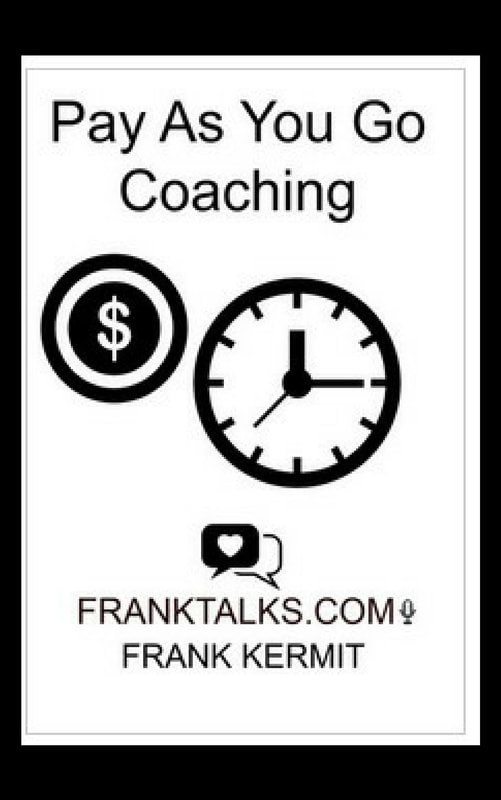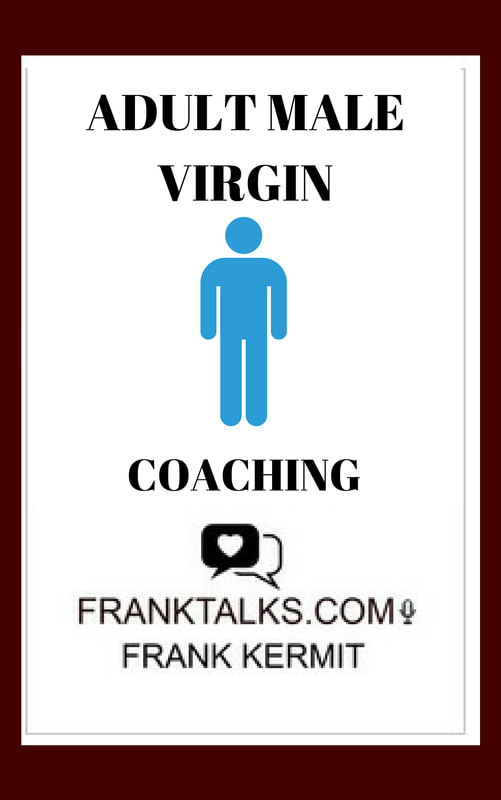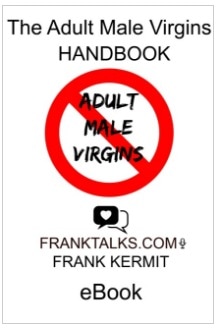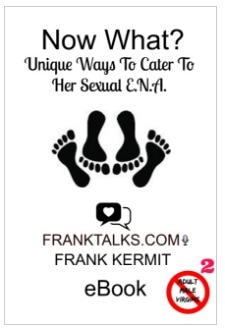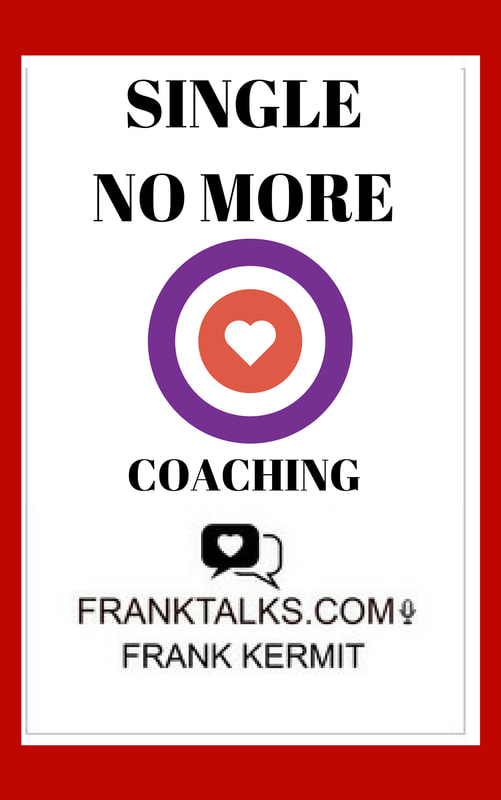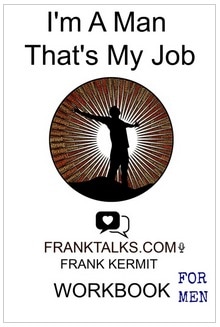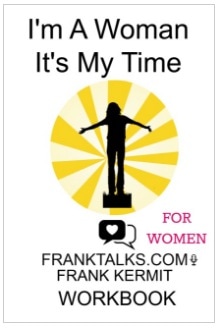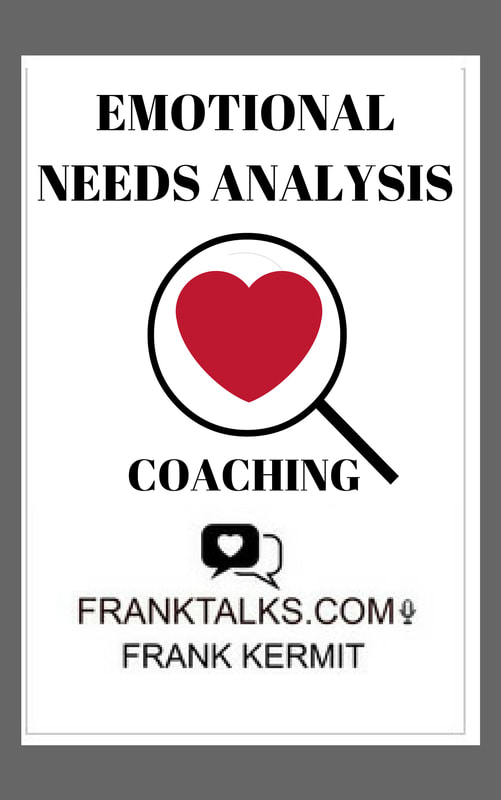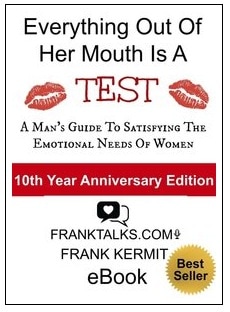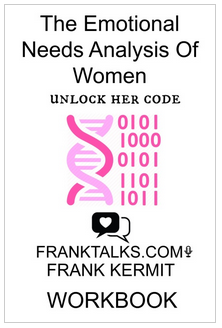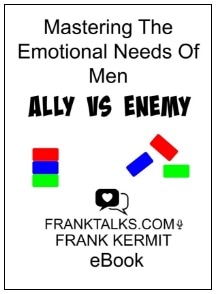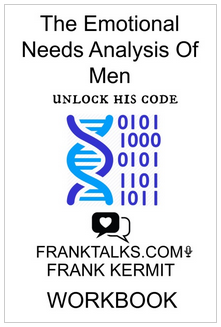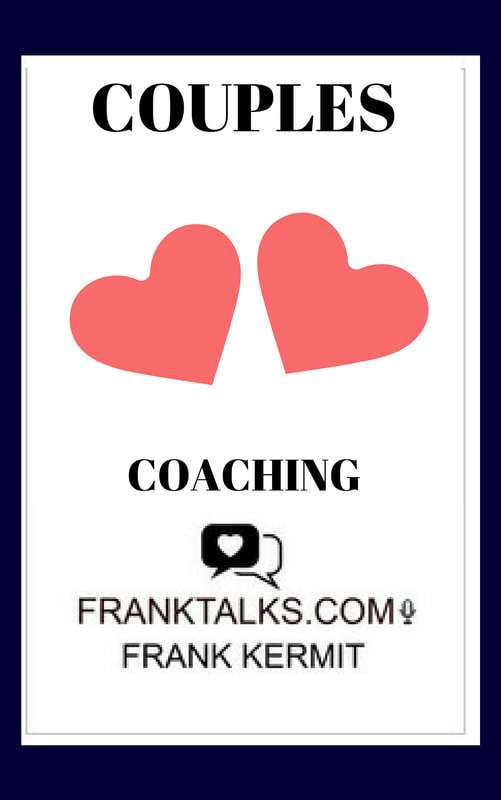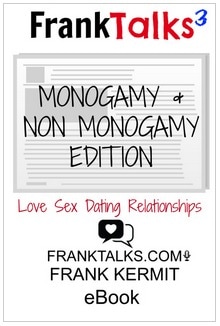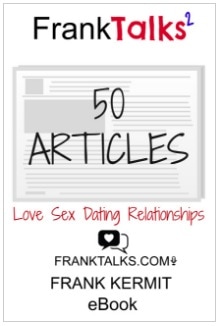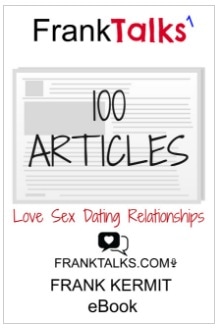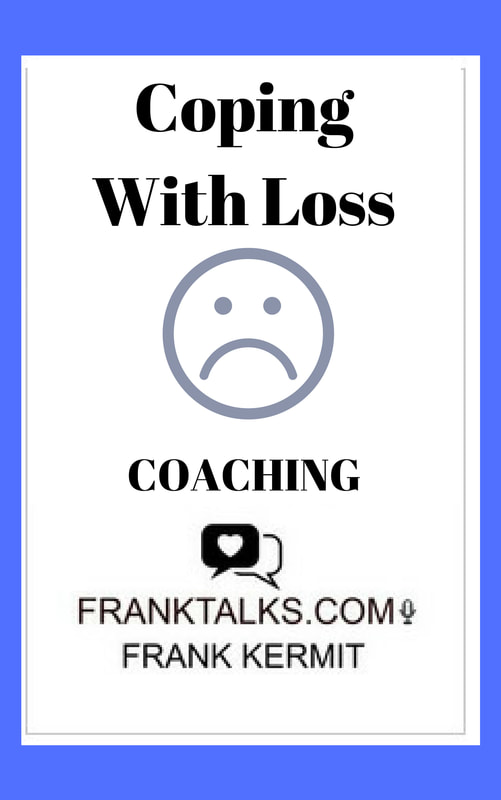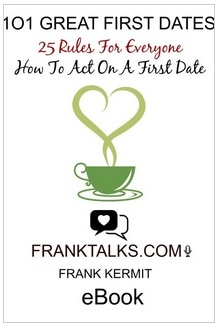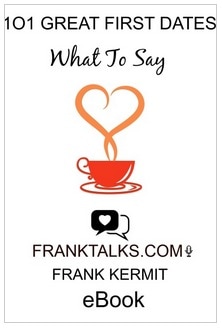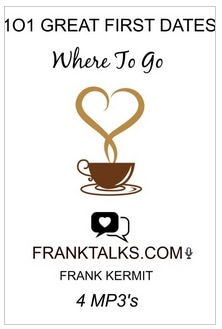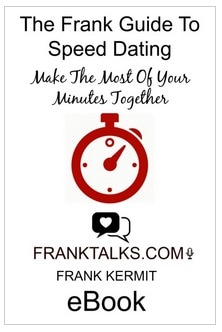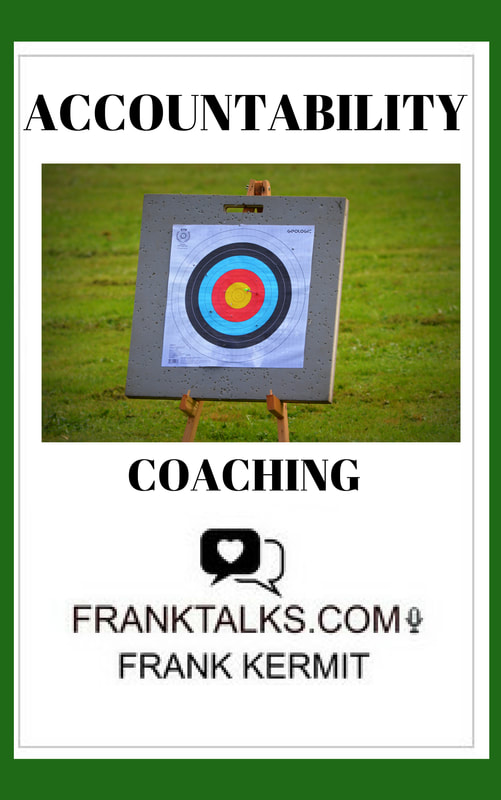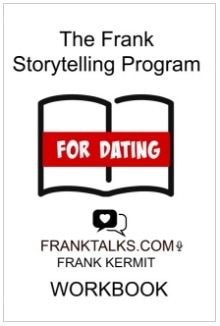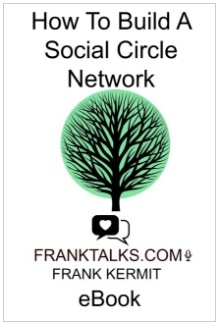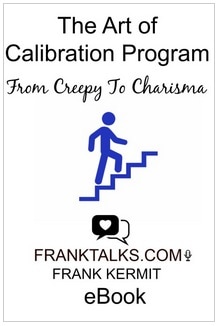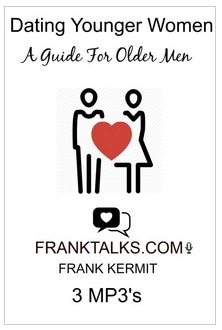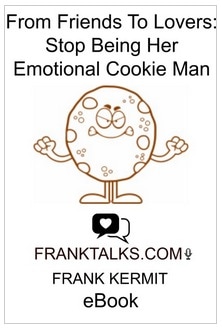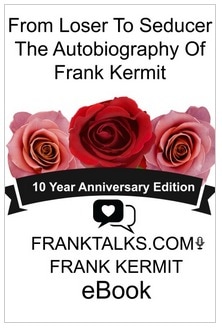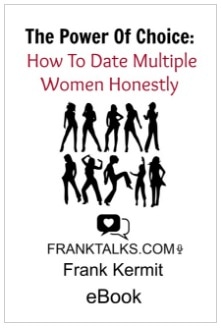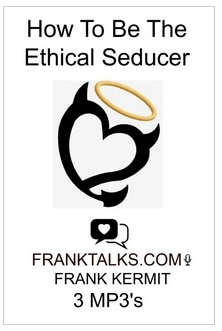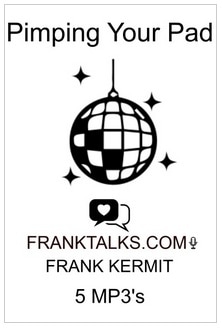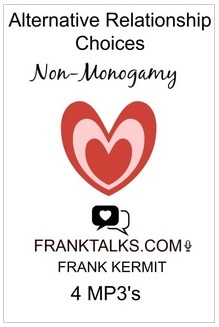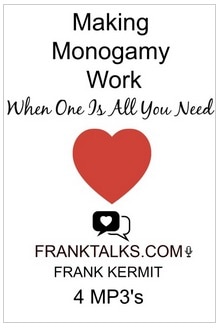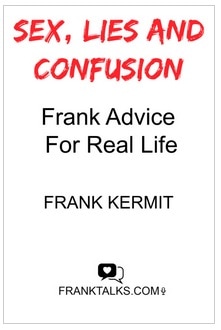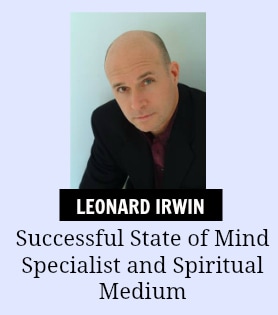|
How To Write a Eulogy by Frank Kermit Hi Friend, One of the best speeches I ever gave in my life, was my father's eulogy. I wrote it in a way with the specific goals to not only talk about who my father was, but it was also designed to bring a measure of peace and healing to the many people drowning in grief at the funeral. I made a list of goals that I wanted to achieve with that eulogy, and based on the reactions of the various attendees, I seemed to have achieved that goal. If you are about to give a eulogy, and are nervous because you want to do a good job, but are not sure about what you should say, and if talking directly from your heart, is not something that comes easy for you, then this article was written with you in mind. Once you write it and give the eulogy, do contact me and let me know how things turned out for you. I would love to hear from you. 25 Steps The Best Eulogy 1-You can mention your own grief, but do not focus on it. My main point of grief writing my dad's eulogy is that he died before my own children were born, and that was my biggest regret. That my own children would never get the chance to meet him. I mentioned it once in the eulogy. But that was it. I did not stick with that theme throughout the speech. Never use a eulogy in a way, that it could be mistaken for seeking out pity. 2-Languages. My father taught himself to read and write in three languages. So I made sure to give the eulogy in more than one language. If the person you are giving the eulogy for was also multilingual, do your best to include a sample of each language into your eulogy. 3-Focus on the good (How did that person make a difference) What is the legacy that the person left behind? What accomplishments was that person most proud of? What did that person want to be remember for? These are all good points to bring up during a eulogy. 4-Everyone grieves differently It is important for you as a eulogist to remind all attendees to have compassion for one another. One person may deal with grief by wanting to be left alone and not speak to others for a while. Other people may need to cry out loud. The most important thing to remind everyone is that we all will grieve differently and to support each other with acceptance of the different ways we cope with loss. 5-Be prepared Have water handy in case your voice dries out. Have a handkerchief or tissues to dry your eyes and blow your nose. Have someone close to you to pat your back or hold your hand if you think you might need it. At one point during my speech, my eyes were so watery, I had blurred vision and no tissues. Using the sleeve of my shirt, I washed away the tears and calmed my breathing down in order to continue. 6-Don’t dwell on that persons hardships, just use them as time markers We all have hardships, but most people want to be remembered for more than just the hardships they endured. They want to be remembered for how they lived, not for all the bad stuff that happened to them. My father lost an eye during an accident when he was six years old. I mentioned it only to point out he had to grow up very fast after that. But I never talked about it again in the speech. I could have mentioned all the prejudice he faced in his life because of it. But I am sure my father would want to be remembered for being a hard worker, teaching himself how to read and write 3 languages, and of his devotion to his children's education and not be remembered for the bad stuff that happened to him. 7-What you talk about at the wake Before you give the eulogy, go around to the people at the wake, or those that reach out to you with condolence. Ask each person what they noticed most about the person BUT do not tell them you are seeking info for the eulogy. This will give you an idea of what words to use, and maybe even a story to share, about how others viewed the person you are talking about. Just before the funeral, my brother, sister and I were speaking, and they mentioned to me how much my father liked a good discussion. It was something that wasn't in my original speech, so I jotted it down just before it was time to deliver the eulogy. 8-Quote the person in that persons voice (imitate voice and gestures) Quoting the person is always a good idea. However, if you have the ability to quote that person, using a similar sounding voice or accent as the person, then use it. It helps to release some of the tension people are feeling when the eulogy is given. 9-Name drop as many people as you can, who attend the funeral When talking about stories where naming people is appropriate, do make the effort to name as many people as you can, that you know are in attendance at the funeral. It makes people feel that are very much a part of the process of showing respect for the person that has died. If you can, do mention the names of the people that traveled long distances, just to attend and pay their respects. 10-Say Thank You to all care givers. If long sickness was involved, comment on the people who took care of the person and be sure to thank them all by name. When people are suffering from grief, it is very easy for anyone to feel unappreciated and taken for granted. These negative feelings could lead to bad decisions that could permanently wedge relationships in the future. During the last 8 weeks of my father's life, he was tended to by my aunt (his sister), my uncle (his brother), my brother, my sister and my mother. I made it a point to talk about each person for a few minutes, mentioned their good qualities, and anything my father may have mentioned about his love and respect for them. It brought a lot of peace to them. 11-Use the shortest phrase you can to describe the person Come up with an overall theme that encompasses everything the person was. It will be that phrase that people will remember when they leave the funeral. When trying to sum up my father in as few words as possible, I believe the term "silent devotion" encompasses everything he was to us. I used that phrase throughout the speech. I explained why it was appropriate because my father was not an outwardly expressive person (silent), but he showed his family his love with his (devotion) providing for them. To this day, some of his old neighbours still remark how they remember that eulogy for this reason. 12-The use of audio-visual materials Depending on where you conduct the eulogy, you will have to keep in mind that some places do not allow for audio-visual materials. Those that do allow for it, may not be equipped with the technology. There is a story of one particular person who was giving the eulogy of her father, and wanted to play a song that was one of her father's favorite. However, the religious authority that presided over the funeral, would not allow it because it was a not a "religious song". The young girl then simply read the lyrics of the song as part of her eulogy. If using audio-visual material is important in your eulogy, please make sure you will not have any unpleasant surprises. 13-If the person knew it was coming, mention it In all the years I have been coaching, I have learned that if it is mentioned in a eulogy that the person knew that death was coming soon, it actually brings peace to some of the people who are coping with loss. It helps people feel that, since the person knew, the person likely got to do and say things before it was too late. It really seems to help people cope with the loss. So if this applies to the person you are speaking about please mention it. 14-Dreams…if you’d had a dream of person, mention it The night after my father died, I had a dream where he came to speak to me to say goodbye and to tell me I should go and start a family of my own. I have no idea if it was just a dream, or if it was actually him trying to communicate with me after his death. I honestly do not know what to believe. Turns out, it does not matter what I believe anyways. When I told this story at his eulogy, it amazed me how much it was a comfort to others that there was even this remote possibility that my father could still communicate with the people left behind. 15-Give mourners a job Ask all mourners to celebrate the life of the person who has died, but give mourners something SPECIFIC they are suppose to do. I told everyone that they should pick one memory of my father, and that favorite memory could be a discussion they had with him, or something he did for them, and to talk about that favorite memory to everyone who also knew him. By giving mourners a job, you give them an ability to further help them deal with the loss. 16-End off with saying something to the person directly When you end the eulogy, this is where you can say something direct to the person. It could be a simple, "I love you", or "I will miss you" or "good bye". It might also be something very personal between you and the person. My father used to tell me that I would never admit he was right about anything. So one of the last things I would say at the eulogy would be, "Hey dad...you were right" 17-They will ALL forgive you Keep in mind that when you are giving the speech, as long as you do it from an honest place, people will forgive you if you cry or break down. I broke down in the middle of my speech and needed a couple of minutes to compose myself again in order to continue. It is more than forgivable even the circumstances. 18-Forget you are talking to a crowd of people When you give your speech, talk as if you are speaking directly to the person's closet contacts. If that does not work well enough for you then talk to the person that you mention in your speech, as if you are practicing reading their eulogy to him or her. 19-A eulogy is for the people still left, not the one who died. As contrary as this may sound, when you write and recite the eulogy, keep in mind that the purpose is MORE to give those still alive some form of peace and healing, and LESS to do with actually saying something to the person that has died. 20-A eulogy is designed to bring people together. Deaths can break up the family, and a eulogy MUST help reunite them This is why you thank people in the eulogy, and remind them to show compassion to one another. Mourning can sometimes bring out the worst in people. The eulogy is there to help bring out the best in people. No matter how justified it may feel at the moment, never use a eulogy to bring negative attention to anyone. 21-Why people remember the eulogy Grievers do NOT remember much of the entire week of death, funeral home, or the burial…..EVERYONE remembers the eulogy. It is one of the elements of the mourning phase that speaks directly to people, and is easier for people to remember, because the other memories of the death of a loved one, could be too much for many to handle. A eulogy does not get blocked out, because it brings comfort and closure. 22-When talking about God Unless the person was a particularly devote religious person, do not mention god or religion. If that person believed, then mention their faith. But if that person did not beleive, do not mention god or faith. Those that believe will believe, and those that don’t will not. 23-List what made the person happy in life Name three things in that persons life that made that person exceptionally happy. This will help mourners remember the person as being happy. It is a good image and memory for mourners to hold on to, especially at such a time of great sadness and stress. A couple of the things I mentioned that my gave my father the greatest happiness were his pet dog, his cottage in the country area, and watching his family grow. People that knew him were reminded if images of his being happy in life. 24-The importance of a continuation A preacher gave me this great bit of advice. When people struggle with the idea of a person's life line coming to an end, help re-direct their thoughts that line is not a linear line with a beginning and an end. Life is a circle. The person did not reach the end of the line; the person completed the cycle of their circle of life. As circles are continues in their nature, it is easier for mourners, to envision a form of continuation as a circle and the end of one cycle and the start of another cycle circle, then to think about the line having ended abruptly 25-The story of passing the love forward. In the eulogy I gave for my father, I talked about how my grandmother always said that because I was born in the same month as the death of her brother, that she believed that all the love she had for her brother should be re-directed to me. She said that when someone dies, it is a sign that the person in the family was was born closest to that time should now be a magnet for the affection that person used to get. So I told people that the baby born closest to my fathers death (a third cousin who lived in the area) should be the receiver of all the love that my father got, and to give that child a little extra attention. The idea is to help mourners to a put a focus to love the children that need their attention, instead of getting lost in their own selves with grief.
0 Comments
Leave a Reply. |
Categories
All
Archives
June 2024
NDG Encore Singing Chorus **** Every Friday Night Dr. Laurie Betito Quotes
|
|
FRANK KERMIT MA
EXPERT RELATIONSHIP COACH HELPING PEOPLE CONNECT |
ALL COACHING IS BY TELEPHONE OR SKYPE ONLY INTERNATIONAL CLIENTS ARE WELCOME *INTERNATIONAL CLIENTS ARE RESPONSIBLE FOR LONG DISTANCE PHONE CHARGES, +1 Canada/USA* SKYPE IS PREFERRED. IT'S FREE AND EASY TO USE FROM ANYWHERE IN THE WORLD TELEPHONE: +1-514-680-3278 EMAIL: [email protected] SKYPE: frank kermit PLEASE NOTE THAT ALL SALES ARE FINAL. NO REFUNDS OR EXCHANGES
|

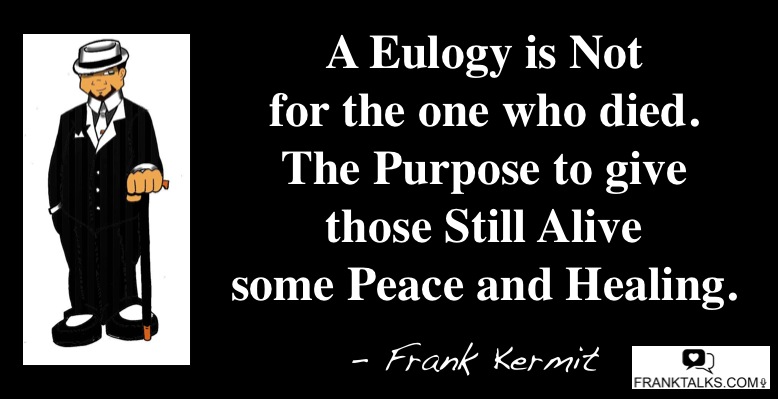
 RSS Feed
RSS Feed


